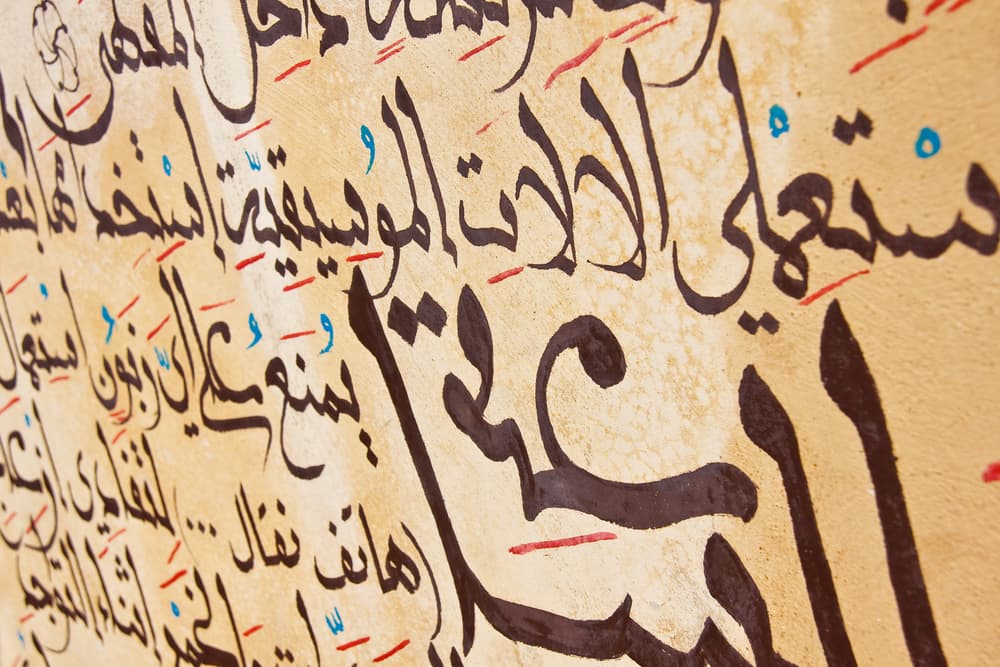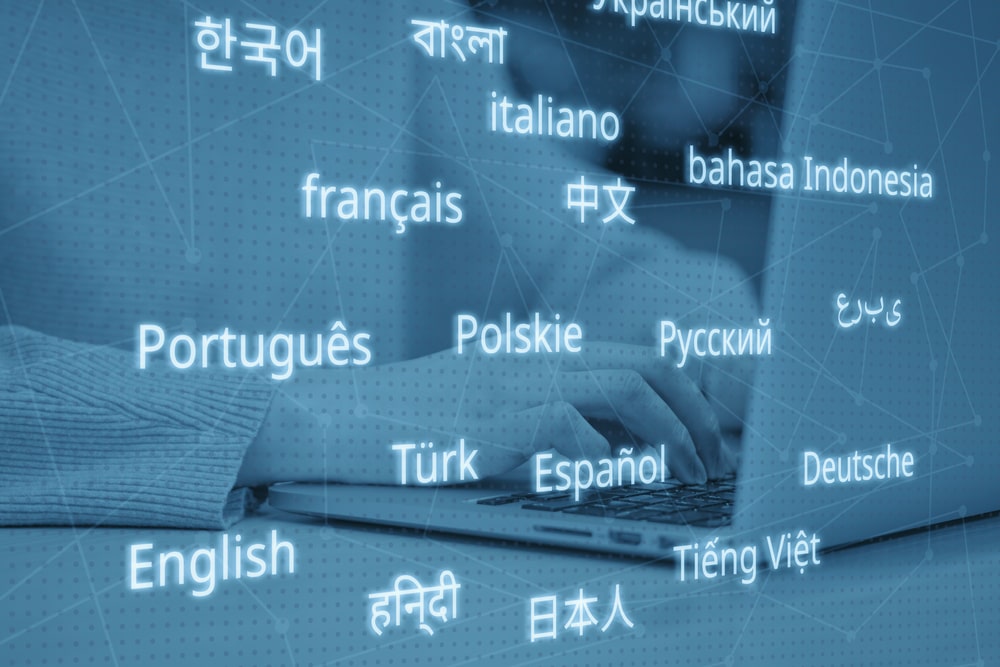Morocco is a beautiful and diverse country. When you visit, it’s helpful to know a bit about the local languages and how to communicate. This guide will give you the basics. You’ll learn common phrases, which language apps to use, and how to get internet access.
Communication is key when traveling. Knowing a few words in the local language can make your trip smoother and more enjoyable. It shows respect and helps you connect with people.
In Morocco, there are several languages spoken. These include Moroccan Arabic, French, and Berber. Each has its importance and use. We will explore these languages and provide useful tips.
Having internet access can also make your trip easier. You can look up information, use maps, and stay in touch with family and friends. We will explain how to get connected.
Official Languages

Moroccan Arabic (Darija)
Moroccan Arabic, or Darija, is the most commonly spoken language in Morocco. It is used in everyday conversations, at markets, and in casual settings. Darija is different from the Arabic spoken in other countries, so even if you know some Arabic, it might sound different here. Knowing basic phrases like greetings and asking for directions can be very helpful. For example, “Salam” means “hello,” and “Shukran” means “thank you.” Darija is informal and often mixed with French, especially in urban areas.
Modern Standard Arabic
Modern Standard Arabic is the formal version of Arabic. It is used in official documents, news broadcasts, and formal speeches. While not commonly used in daily conversations, it is important for official matters. Understanding a bit of it can help in formal situations. For example, when visiting a museum or attending a formal event, you might hear Modern Standard Arabic. It is also the language taught in schools, so younger people might understand it better than older generations.
French
French is widely spoken in Morocco, especially in cities. It is used in schools, businesses, and government offices. Many signs and menus are in French, making it a useful language to know. Learning basic French phrases can help you navigate cities, order food, and ask for help. For example, “Bonjour” means “hello,” and “Merci” means “thank you.” French is often the second language for many Moroccans, and it is also the language of instruction in many higher education institutions.
Berber (Tamazight)
Berber, also known as Tamazight, is spoken by the Berber people. It is recognized as an official language of Morocco. Berber is used in many rural areas and is part of the cultural heritage. Learning a few Berber phrases can show respect and help you connect with locals in rural areas. For example, “Azul” means “hello” in Berber. The Berber language has different dialects, such as Tarifit, Tamazight, and Tashelhit, depending on the region.
Other Commonly Spoken Languages
Spanish
Spanish is spoken in northern Morocco, near Spain. In cities like Tangier and Tetouan, you might hear Spanish in shops and restaurants. If you know some Spanish, it can be useful in these areas. Spanish has a historical influence due to its proximity to Spain and past Spanish rule in the region. Phrases like “Hola” (hello) and “Gracias” (thank you) can be handy when traveling in northern Morocco.
English
English is becoming more popular, especially among young people and in tourist areas. You might find people who can speak English in hotels, restaurants, and tourist spots. It’s helpful, but not as widely spoken as French or Arabic. Learning basic English phrases or carrying a translation app can be useful. English is often taught as a second language in schools, and many younger Moroccans are eager to practice their English with visitors.
Common Phrases
Essential Moroccan Arabic Phrases
Greetings are very important in Morocco. Saying “Salam” (hello) or “Shukran” (thank you) can go a long way. When asking for directions, “Feen kayn…?” means “Where is…?” Other useful phrases include “Afak” (please) and “Safi” (enough). Understanding numbers in Darija can also be helpful, such as “wahed” (one), “jooj” (two), and “tlata” (three). These phrases can help you in daily interactions, making it easier to navigate markets, transportation, and social situations.
Key French Phrases
In French, you can say “Bonjour” for hello and “Merci” for thank you. Other useful phrases include “S’il vous plaît” (please) and “Où est…?” (Where is…?). Knowing how to ask for help, such as “Pouvez-vous m’aider?” (Can you help me?), can be very useful. French numbers like “un” (one), “deux” (two), and “trois” (three) are also important to know, especially when shopping or dining. French is widely used in more formal settings, so these phrases can be particularly useful in cities and official contexts.
Useful Berber Phrases
Learning some Berber can show respect for the local culture. “Azul” means hello, and “Tanmmirt” means thank you. In different regions, you might hear various dialects, so it’s good to know the local version. For example, in the Atlas Mountains, you might use “Tamazight” phrases, while in the Rif Mountains, “Tarifit” might be spoken. Understanding a few basic words like “Ama” (water) and “Aytma” (friend) can help you build a connection with Berber speakers.
Language Apps

Top Language Learning Apps
Many apps can help you learn Moroccan Arabic, French, and Berber. Apps like Duolingo, Babbel, and Memrise offer courses in these languages. Duolingo is great for beginners, with short, engaging lessons. Babbel offers more in-depth courses, focusing on grammar and conversation skills. Memrise uses fun, interactive methods to teach vocabulary and phrases. These apps can be downloaded on your smartphone and used anywhere, making it easy to practice while traveling.
User Reviews and Recommendations
Many users find language apps very helpful for learning new languages quickly. Reviews often highlight the ease of use and the ability to practice on the go. For example, one traveler mentioned how Duolingo helped them learn basic French phrases before their trip. Another user recommended Babbel for its detailed lessons and practical exercises. Reading user reviews can help you choose the best app for your needs and learning style.
Internet Access
SIM Cards and Data Plans
Getting a SIM card in Morocco is easy. You can buy them at the airport, in shops, or at kiosks. Maroc Telecom, Orange, and Inwi are the main providers. They offer various data plans, so you can choose one that fits your needs. For example, a 1GB data plan might be enough for a short trip, while a 5GB plan is better for longer stays. Having a local SIM card can save you money on roaming charges and ensure you have internet access wherever you go.
Wi-Fi Hotspots and Availability
Wi-Fi is available in many places in Morocco. Most hotels, cafes, and restaurants offer free Wi-Fi to their customers. You can also find Wi-Fi in public spaces like parks and shopping malls. However, the speed and reliability can vary, so it’s good to have a backup plan. Carrying a portable Wi-Fi device or knowing where the best hotspots are can help you stay connected.
Mobile Internet Options
If you need constant internet access, consider renting a portable Wi-Fi device. These devices provide a personal hotspot that you can carry with you. They are available for rent at the airport or through online services. Another option is to use your phone’s hotspot feature with a local SIM card. This way, you can connect multiple devices to the internet at the same time. Mobile internet options are convenient and ensure you always have access to maps, translation apps, and other online resources.
Communication Tips
Non-Verbal Communication
Non-verbal communication is important in Morocco. Gestures and body language can convey respect and understanding. For example, a smile and a nod can go a long way in showing appreciation. When greeting someone, a handshake or a light kiss on the cheek is common. Be mindful of personal space and avoid overly expressive gestures, as they can be seen as rude.
Dealing with Language Barriers
Language barriers can be challenging, but there are ways to overcome them. Using translation apps can help bridge the gap. Apps like Google Translate can translate spoken and written words in real-time. Also, don’t be afraid to use gestures or drawings to communicate your needs. Moroccans are generally patient and willing to help, so a friendly attitude and a few basic phrases can make a big difference.
Enhancing Communication
Practicing key phrases before your trip can boost your confidence. Try to learn words for common items and actions. Being patient and polite is essential. Even if you make mistakes, showing effort in speaking the local language is appreciated. Carrying a small notebook with important phrases written down can also be handy. This way, you can quickly refer to it when needed.
Conclusion
Understanding the languages and communication styles in Morocco can greatly enhance your travel experience. Whether you are using common phrases, learning through apps, or getting internet access, these tips will help you connect with locals and navigate the country more easily. Remember to be patient, respectful, and open to learning. By doing so, you’ll find your journey in Morocco to be more enjoyable and enriching. Now that you have the basics, let’s explore the different languages you will encounter in Morocco.
